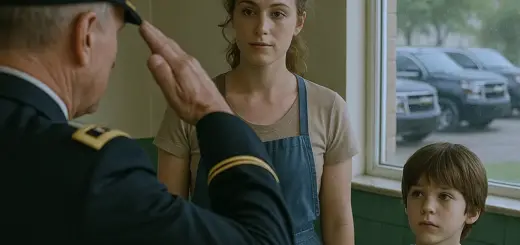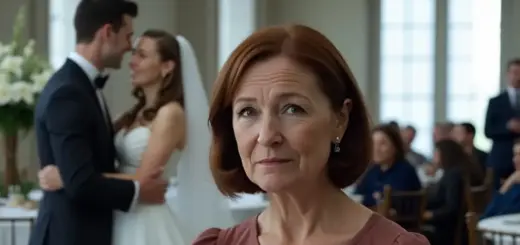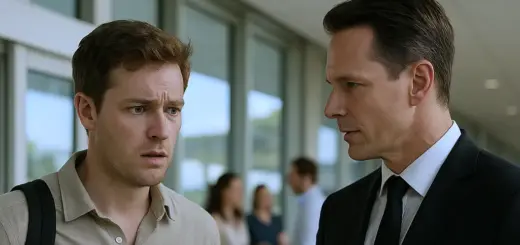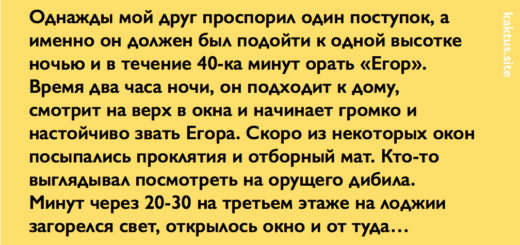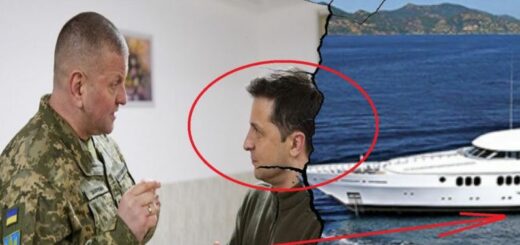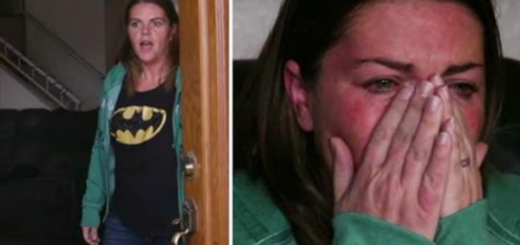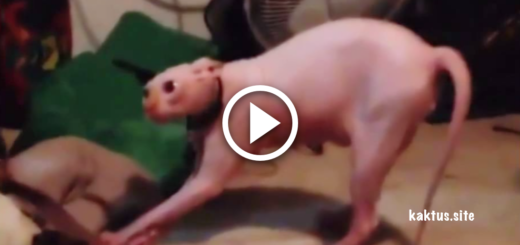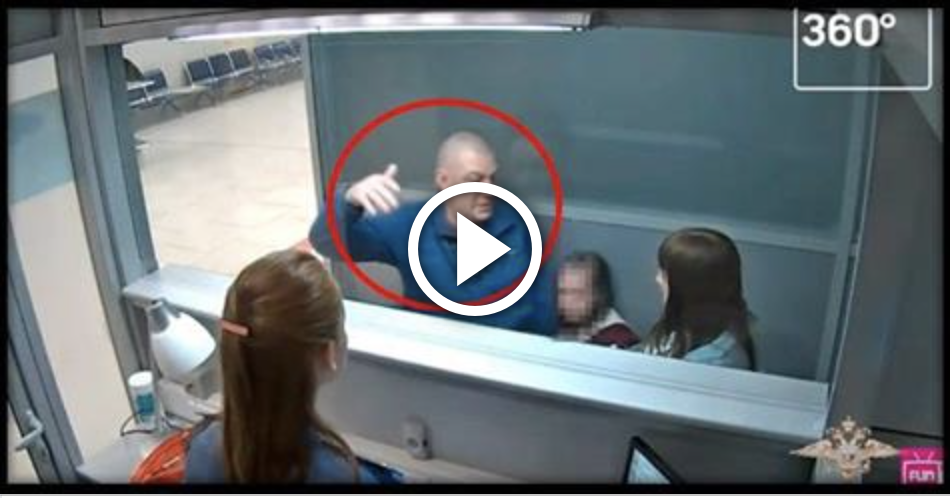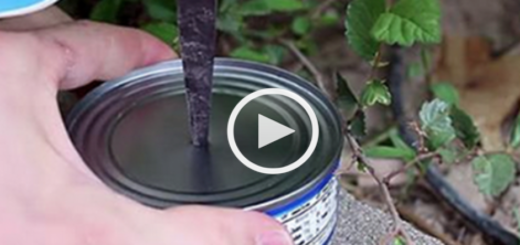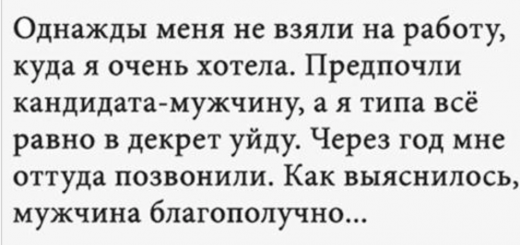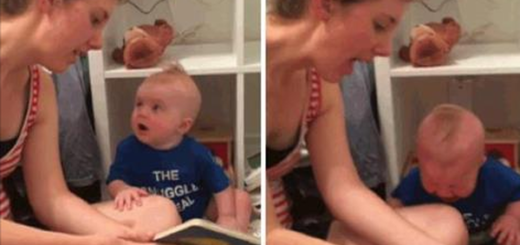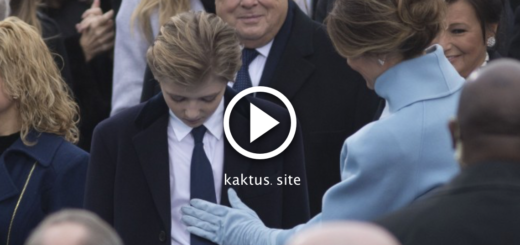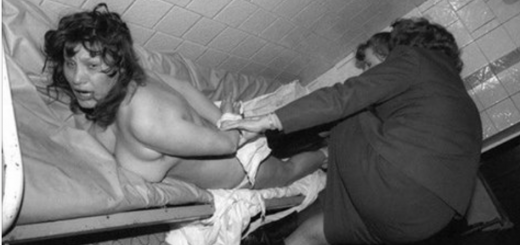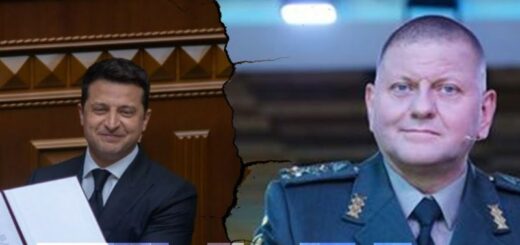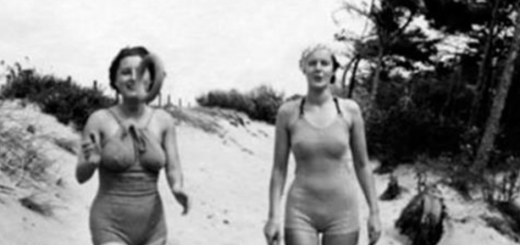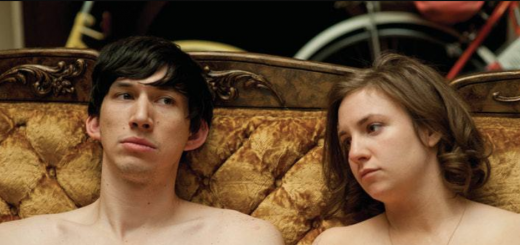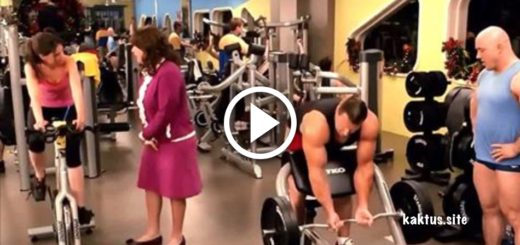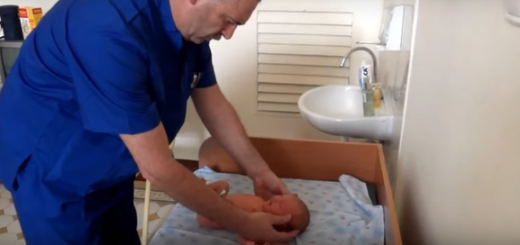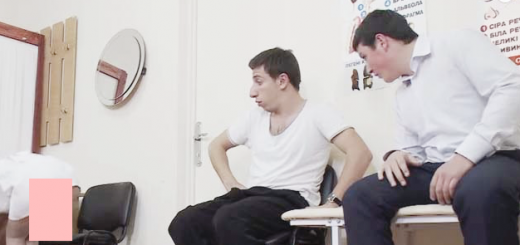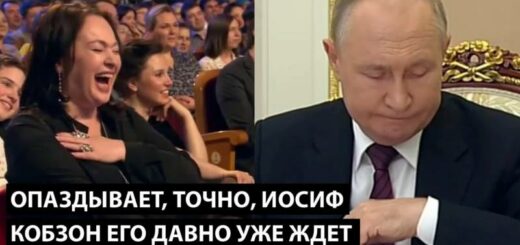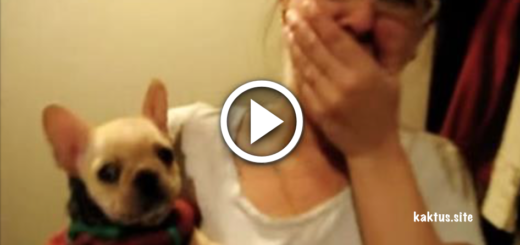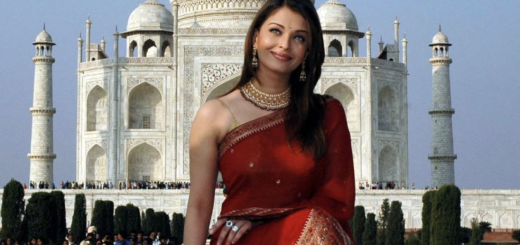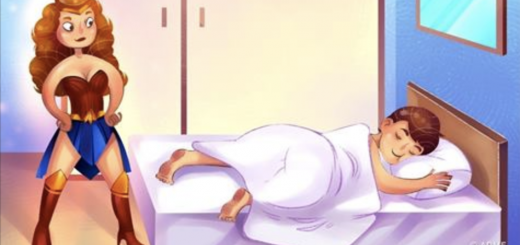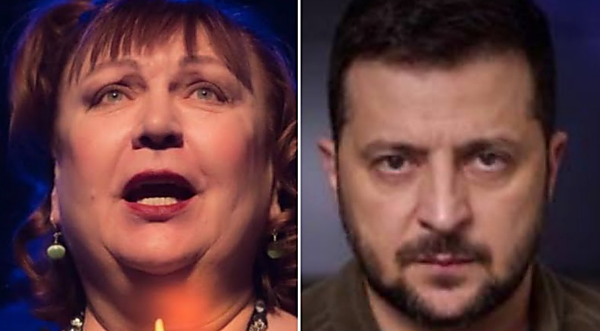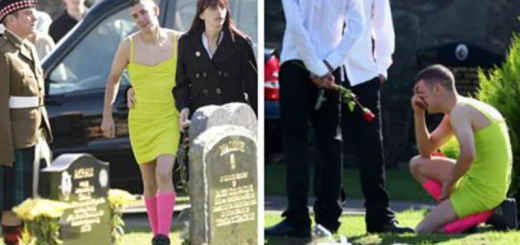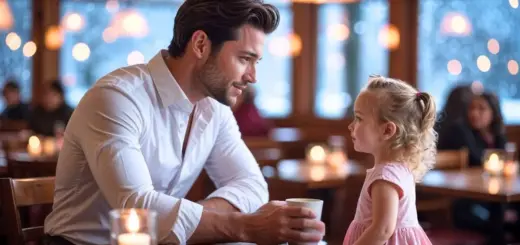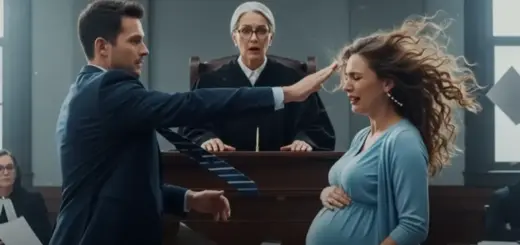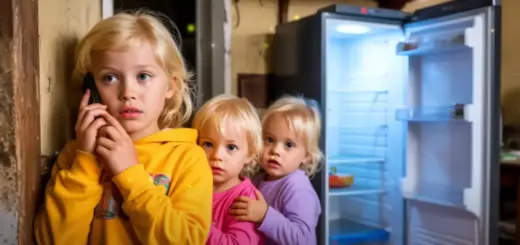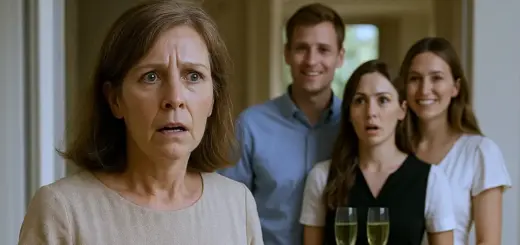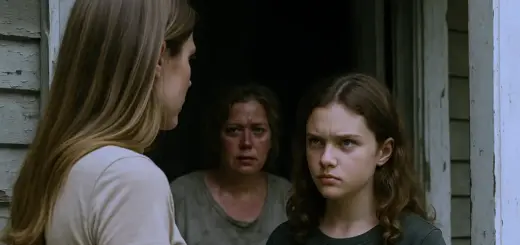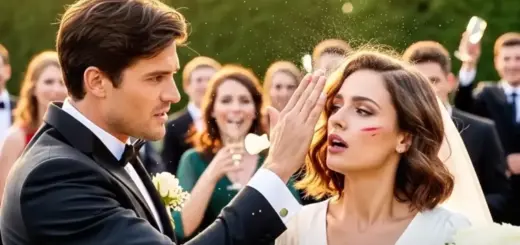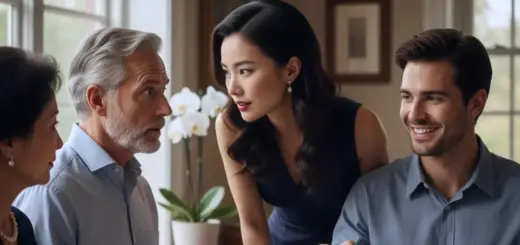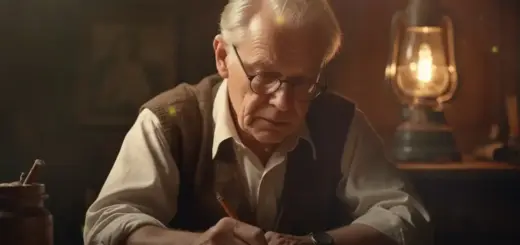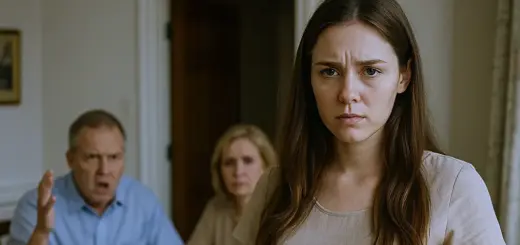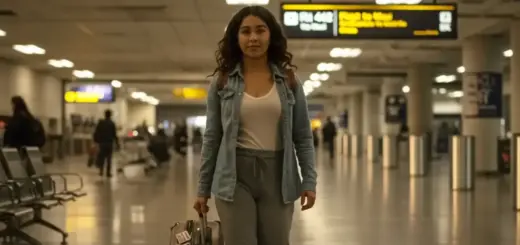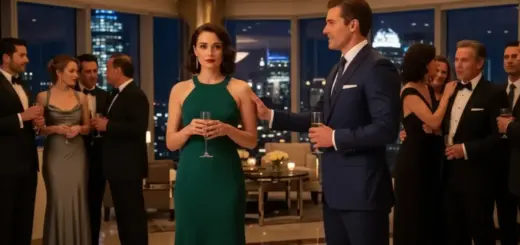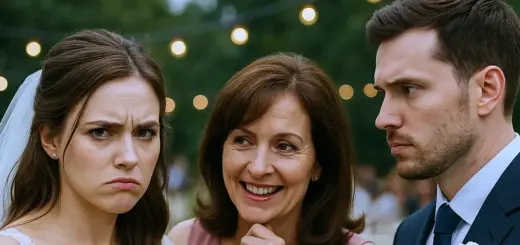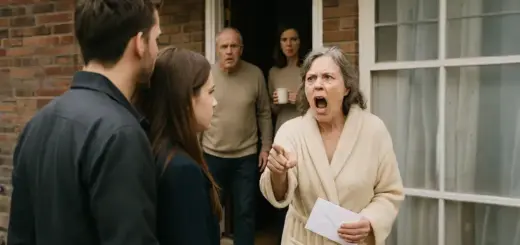The sky was a watercolor that evening, lavender fading into gold. We parked near a cliff overlooking the ocean, the sound of waves rough but honest.
Evan leaned against the hood, looking out. «Remember when you said you’d never dance again after that wedding?»
I laughed. «Yeah. Turns out I was wrong about a lot of things.»
«Like what?»
«Like thinking I needed them to feel whole.»
He smiled. «You were whole the day you said no. The rest was just cleanup.»
We stayed there until the sun went down, headlights blending with the last bit of daylight. It felt symbolic, leaving the past in shadow, driving into something steady.
When we got home, there was an envelope in the mailbox. No return address. But I knew that handwriting. My stomach didn’t twist this time. It just settled.
Inside was a single card. Cream paper. Gold edges. Her handwriting, elegant and sharp: We miss you. We love you. Come back when you’re ready to be part of the family again.
I stared at it for a long time, long enough for the ink to stop feeling like a threat. There was a time when that kind of message would have broken me open, sent me spiraling into guilt, into apology, into another cycle of surrender.
But now? Now I could see it for what it was: an invitation not to reconnect, but to regress.
Evan walked up behind me, reading over my shoulder. He didn’t say a word. He didn’t have to.
I tore the card in half. The sound was quiet, almost polite. Then I dropped the pieces into the trash.
People think closure comes from reconciliation. It doesn’t. It comes from refusal—refusing to step back into rooms that once required you to shrink.
That night, I took one last walk around the house, barefoot on the cold floor, lights dimmed low. Every corner whispered something different. Memory. Hurt. Healing.
I stopped by the fridge. That single photo was still there, the candid one from the wedding. Mom, mid-frown. Danielle, in disbelief. Me, holding the envelope like a shield. Evan, steady beside me.
I smiled at it. Not out of triumph, but gratitude. Because that was the moment everything finally made sense.
Breaking cycles isn’t dramatic; it’s deliberate. It’s the moment you stop needing an apology to feel free.
For our second anniversary, we took another drive. Same car, same coast, same wind tearing through our laughter. No audience, no judgment, no invisible debts.
Evan rolled the windows down and asked, «You ever think you’ll talk to them again?»
I thought about it for a while. Then I said, «Maybe. But not like before. Not as their version of me.»
He nodded. «You don’t miss them?»
I smiled faintly. «I don’t miss being the one they used.»
We drove in silence after that. Not the heavy kind, but the earned kind. The kind you only get after a war that finally ends.
When we got back home, I unlocked the door without hesitation, turned off the alarm, and walked straight to the kitchen. The same lock they once had keys to. The same house that no longer belonged to them. The same woman who, for the first time, felt safe in her own name.
I used to think boundaries meant losing family. Now I know boundaries define family. The real kind.
And in that quiet, sunlit kitchen, I realized something simple. I didn’t want their version of family anymore. I wanted peace. And I had it.
Every time I start the car, that’s mine. Every time I unlock the door without bracing. Every time I wake beside someone who loves me without a price tag.
That’s family. That’s freedom. That’s home.

